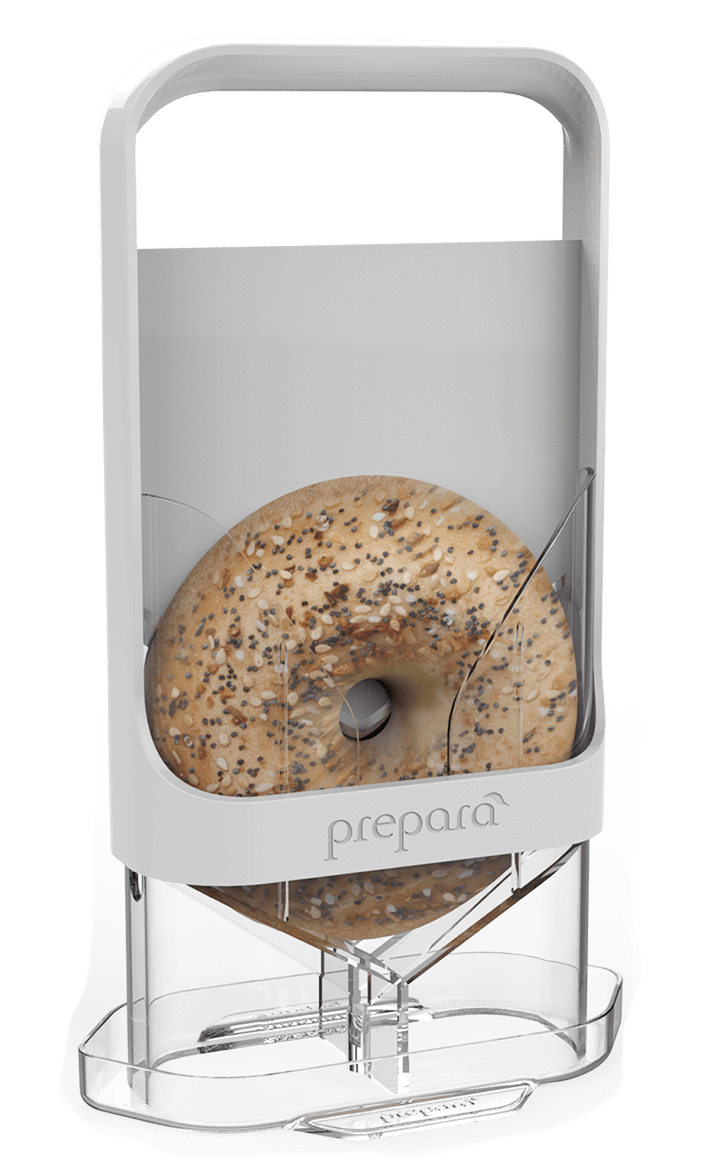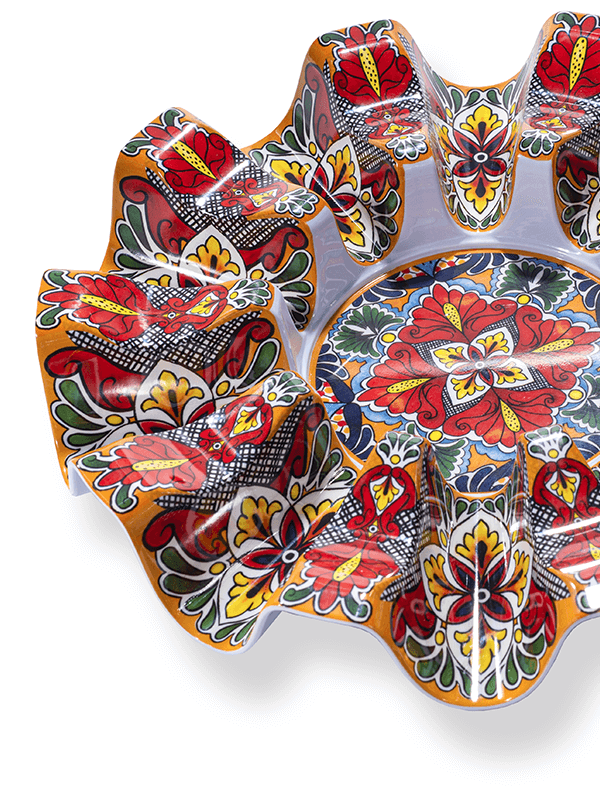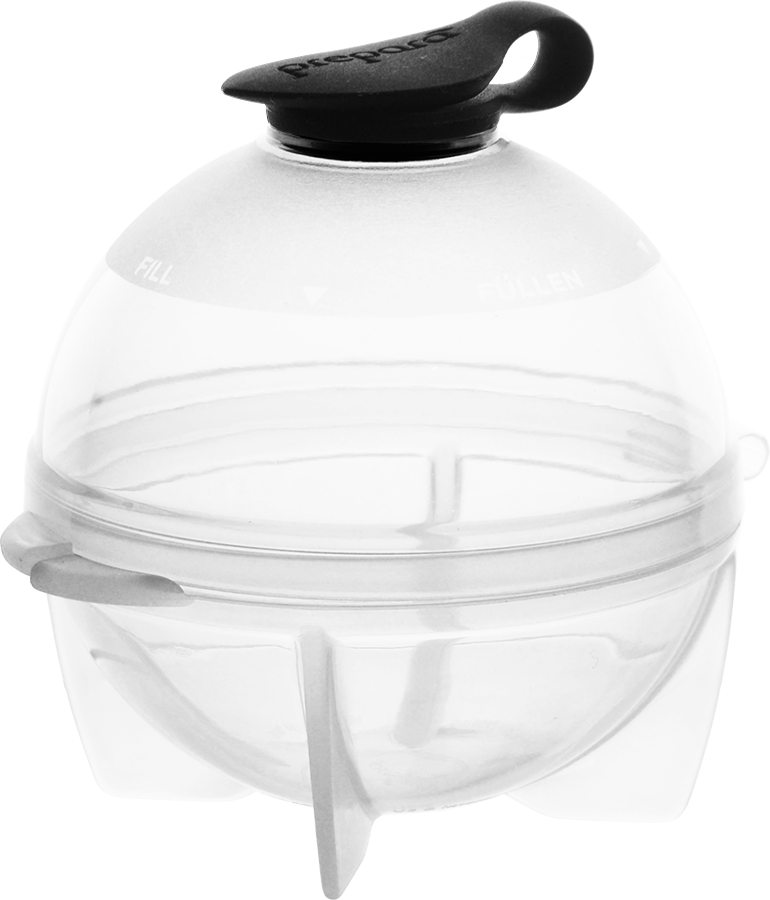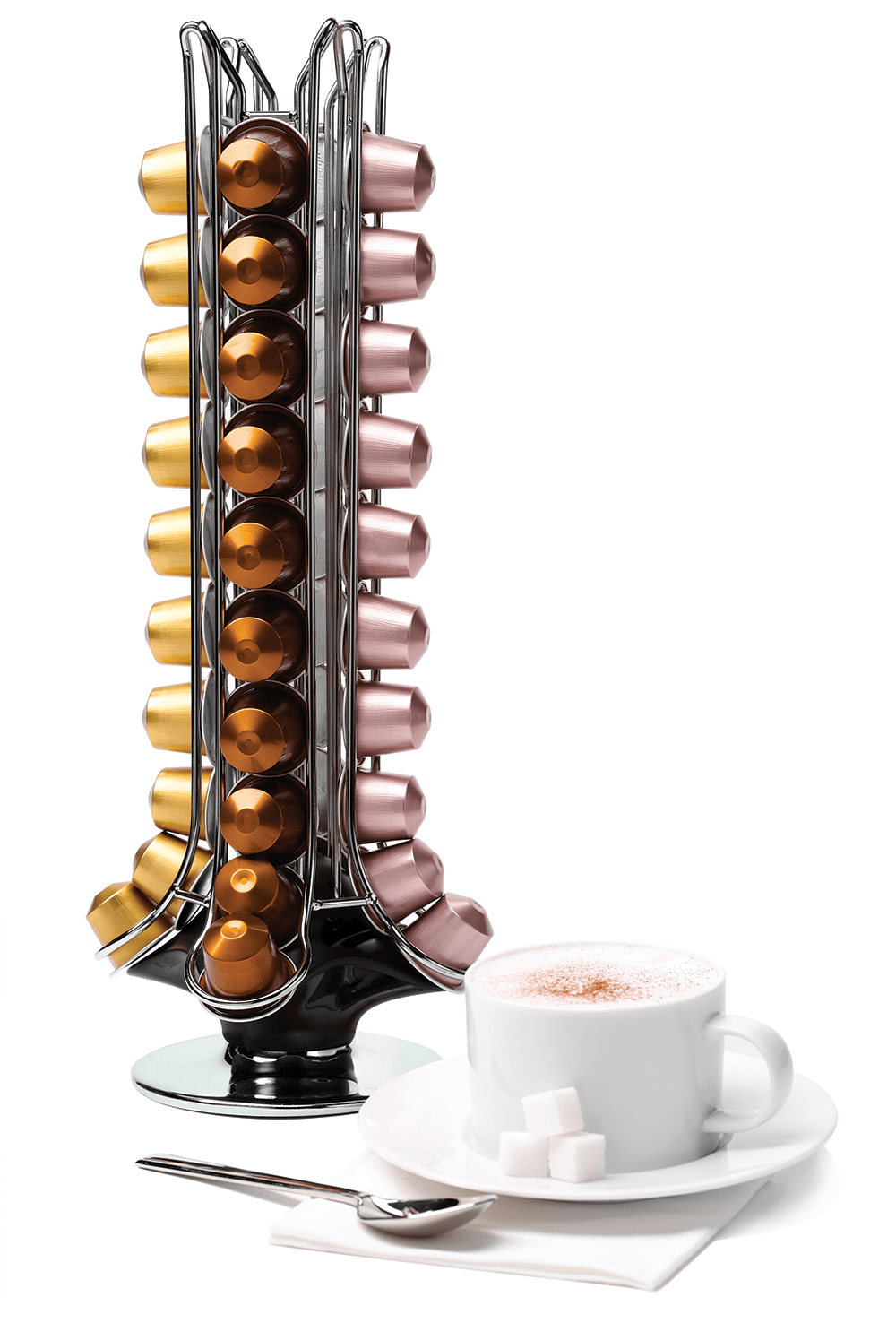When buying eggs, you are faced with many options. From brown to organic to free range to cage-free, the choices can get overwhelming. However, you focus is likely on two factors when choosing which eggs to buy: which eggs will be the most healthy for your family and which eggs come from hens that are treated ethically and humanely.
While the terms printed on an egg carton may make you feel that you are purchasing eggs from hens that have been treated fairly, that is not always the case. These terms can be misleading, so it is important to make sure you understand the difference in these terms and are getting the eggs you want.
Cage Free vs. Free Range vs. Pasture Raised

Most of the eggs you see in the grocery store come from hens who spend their entire life in wire cages. These cages are indoors and are stacked one on top of another. The pens are small and cramped, giving the chickens very little space to move around. These chickens do not get to spend time out of their cages or time outside.
When an egg comes from a cage-free hen, that means that the hen has not been confined to a cage. This term does not mean that the hen spends time outside. In fact, many hens raised pen free are kept inside a building their entire life. These buildings are packed with many hens, and they do not have room to move. Cage-free does not always mean no cages. In some cases, these hens do spend at least some of their lives in a cage.
Likewise, the term free-range means that the hens have spent at least some of their lives outdoors. These hens do not have to spend their entire lives outdoors, and the outdoor conditions may be less than ideal.
Pasture-raised eggs come from hens that have spent their entire lives outdoors. These hens have also had all-natural diets of grain, plants, and insects. Some studies have shown that these eggs are healthier, with higher levels of omega-3 fatty acids and vitamin E.
Egg Myths
Just because you see the terms cage free or free range on an egg carton does not necessarily mean the hens that produced these eggs have been raised in ethical conditions. In fact, many of these hens have been just as mistreated as those that spend their entire life in a cramped cage.
Cage-free does not always mean no cages since vast quantities of these hens are crammed into buildings that are primarily large cages. In addition, cage-free hens often have their beaks cut or burned off so that they do not harm one another. Farmers may also kill male chicks, as they do not produce eggs.
How to Find Happy Eggs

If you are looking for eggs from hens raised most ethically, you need to do your research. You will want to read the labels carefully and find out about the farm where the eggs were produced. Only eggs that have a Certified Humane label come from farms that let their hens spend their entire lives outdoors and in humane conditions. You should look for this label above any other terms on the egg carton.
You can also buy eggs from a local farm. Buying local allows you to visit the farm and see exactly how the hens are raised. You will know the conditions and can feel comfortable about the eggs you are eating. Also, you will be supporting a local business, which is good for your community.
When looking at a farm, you want to look for conditions that are similar to how hens would live in the wild, usually a setup with several hens and one rooster. You will also want to make sure that all chicks are given a chance at life and that the male chicks are not killed.
If purchasing ethical eggs is essential to you, it can take some extra work to find eggs that come from hens that have been raised in humane conditions. However, with a little legwork, you can rest assured that your eggs come from healthy and happy hens and your family is getting the best possible nutrition, and get all the perks of having a healthy diet.
References:
Why 'Pasture Raised' eggs may not be what you think… | Stoltzfoos Layers
The Real Difference Between Pasture-Raised, Free-Range And Cage-Free Eggs | Huffpost
You’re Wasting Your Money on Cage-Free Eggs. Here’s What to Buy Instead | The Penny Hoarder



















